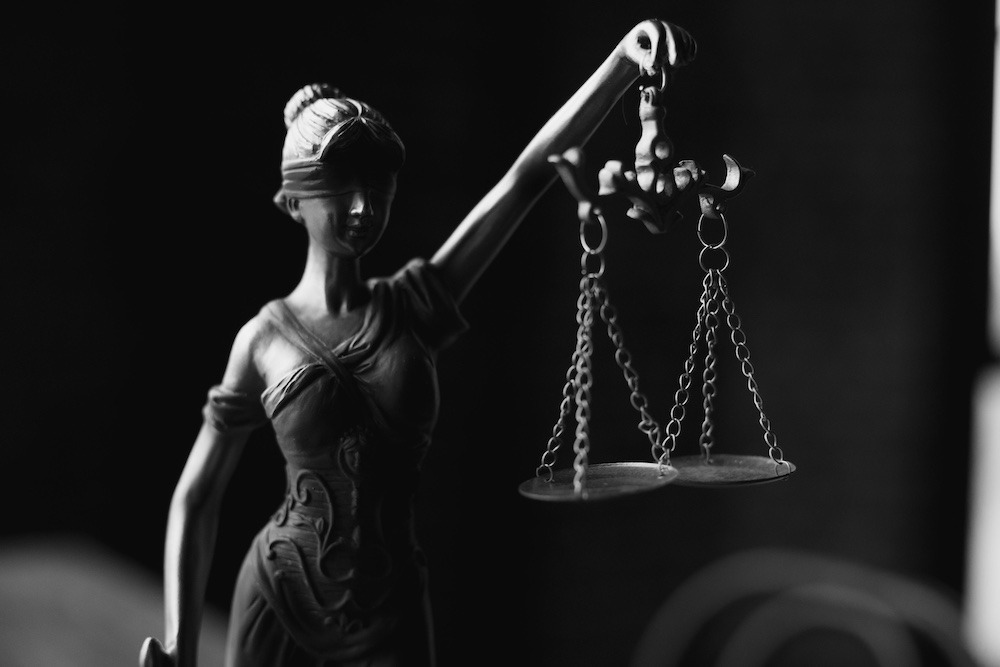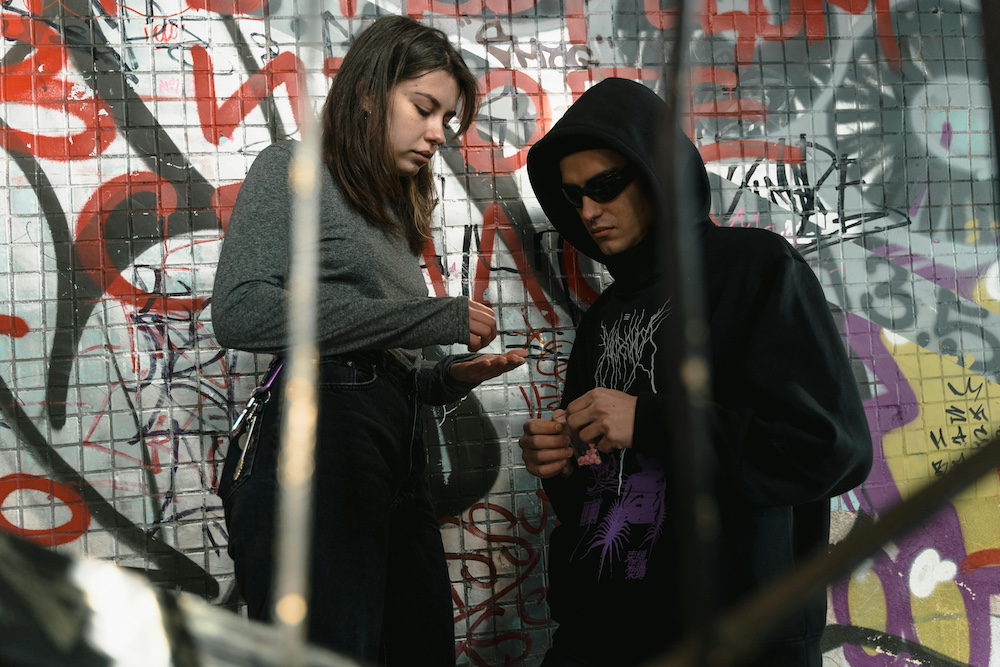
Parents Acting as Sureties: Responsibilities & Risks
Parents acting as sureties is one of the most common scenarios in Canadian bail proceedings, particularly when the accused is a youth or a young adult still living at home. A surety is an individual who takes responsibility for supervising an accused person released on bail, ensuring that they follow the court’s conditions and attend future court dates. For parents, this role can be both...

Youth Bail Hearings: Process, Conditions, and Parental Role
Youth bail hearings are one of the most critical stages in the Canadian criminal justice process for young people. When a youth is arrested and charged with an offence, the question of whether they will be released back into the community or detained in custody until trial is decided at a bail hearing. This process has significant implications, not only for the youth’s immediate freedom but...

Youth Sexual Assault Charges: Legal Process, Consequences
Youth sexual assault charges are among the most serious allegations a young person can face in Canada. These charges not only carry the potential for significant legal consequences but also have lasting effects on a youth’s reputation, education, employment opportunities, and mental health. Because the Canadian justice system treats youth differently from adults, it is essential to understand...

Youth Diversion: Programs, Eligibility, and Benefits in Canada
Youth diversion in Canada is an important alternative to the traditional court process for young people charged with criminal offences. Rather than focusing on punishment, youth diversion programs aim to address the underlying causes of criminal behaviour and give young people the opportunity to take responsibility for their actions without receiving a permanent criminal record. For parents...

Show Cause Hearing: Bail Process, Proof, and Legal Rights
A show cause hearing is one of the most important stages in the Canadian criminal justice process, especially for those facing the prospect of remaining in custody while awaiting trial. Understanding what a show cause hearing is, why it takes place, and how it can impact your case is essential if you or a loved one have been arrested. This type of hearing determines whether an accused person...

Parental Responsibility in Youth Crime: Duties and Consequences
Parental responsibility in youth crime is an important issue in Canadian criminal law that affects not only the young person charged with an offence but also their family. When a youth is accused of committing a crime, parents and guardians often find themselves under intense pressure, both legally and socially. The Youth Criminal Justice Act (YCJA) places significant emphasis on...

Recognizance Orders: Conditions, Breaches, and Legal Rights
A recognizance order is a formal court order that requires an individual to enter into a binding agreement to follow specific conditions, usually as part of bail or peace bond proceedings. In Canadian criminal law, recognizance orders are a central tool used by the courts to ensure public safety, encourage compliance with the law, and provide alternatives to pre-trial detention. The individual...

Bail Conditions in Canada
Understanding Bail in Canada
When someone is charged with a criminal offence in Canada, one of the first questions that arises is whether they will be released on bail while awaiting trial. Bail, formally referred to as judicial interim release, allows an accused person to remain in the community under specific conditions instead of being held in custody until their case is resolved. The...

Mandatory Minimums for Drug Offences
Drug charges in Canada can lead to serious legal consequences—including jail time, even for first-time offenders. While sentencing in most criminal cases allows for judicial discretion, certain drug offences under the Controlled Drugs and Substances Act (CDSA) have historically carried mandatory minimum sentences. These minimums remove flexibility and can dramatically raise the stakes for...

Youth Record Disclosure Rules
A youth criminal record is not the same as an adult criminal record—but that doesn’t mean it disappears entirely or can never be disclosed. In Canada, youth record disclosure rules are governed by the Youth Criminal Justice Act (YCJA), which offers young people special protections while still holding them accountable for their actions. However, in certain situations, these records can be...